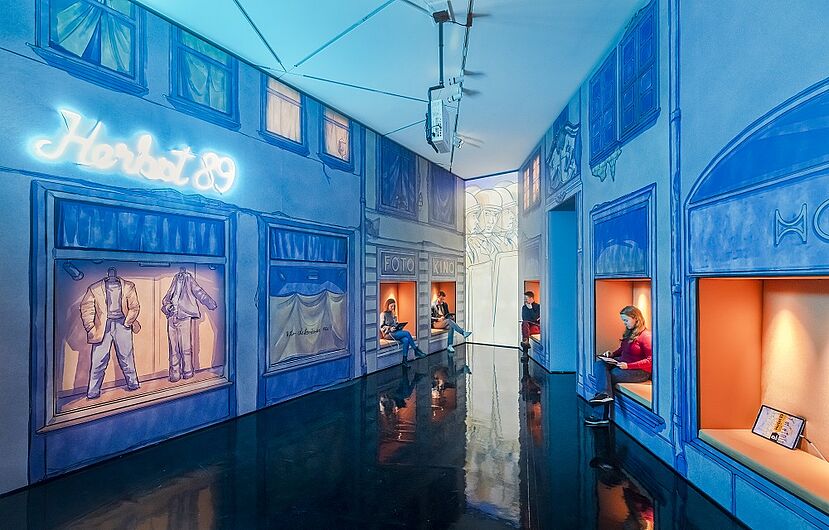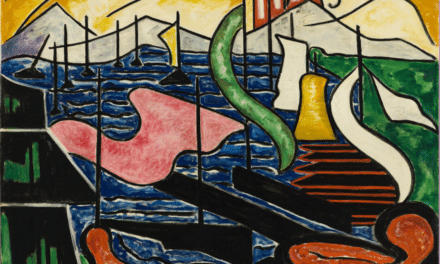Ausgehend von zentralen Schlüsselmomenten der deutschen Geschichte präsentiert das Deutsche Historische Museum einen Rückblick auf einschneidende historische Ereignisse des 19. und 20. Jahrhunderts.
Tatsächlich erfolgten Wendungen werden dabei mögliche Verläufe gegenübergestellt, die aus ganz unterschiedlichen Gründen nicht eingetreten sind. Anhand von 14 markanten Einschnitten der deutschen Geschichte werden die Wahrscheinlichkeiten von ausgebliebener Geschichte gezeigt – verhindert von Zufällen oder dem Gewicht persönlicher Unzulänglichkeiten. Die Ausstellung beginnt im Jahr 1989 mit der Friedlichen Revolution in der DDR und endet im Jahr 1848, als in Deutschland erstmals der demokratische Aufbruch versucht wurde. In umgekehrter Reihenfolge greift sie Themen wie Ostpolitik, Mauerbau, Kalter Krieg, die Machtübernahme der Nationalsozialisten oder Revolution und Demokratisierung an entscheidenden Kipppunkten auf und erläutert, dass es keineswegs hätte so kommen müssen, wie es schließlich kam.
Auf diese Art und Weise erscheinen Wegmarken wie die Stalinnoten von 1952, der Koreakrieg in Verbindung mit der Berliner Luftbrücke 1948/49, die missglückte Sprengung der Brücke bei Remagen 1945, das Attentat auf Adolf Hitler 1944, der Sturz von Reichskanzler Brüning 1932, die Revolution 1918, der Ausbruch des Ersten Weltkriegs 1914 oder der Deutsche Krieg 1866 in einem neuen Licht.

In der Ausstellung „Roads not Taken. Oder: Es hätte auch anders kommen können“ © DHM/David von Becker
Diese für ein historisches Museum ungewohnte Perspektive soll es ermöglichen, den Blick für bekannte Fakten und für die grundsätzliche Offenheit von Geschichte als Ergebnis von Konstellationen und Entscheidungen, von Handlungen und Unterlassungen zu schärfen.
bis 24. November 2024

















